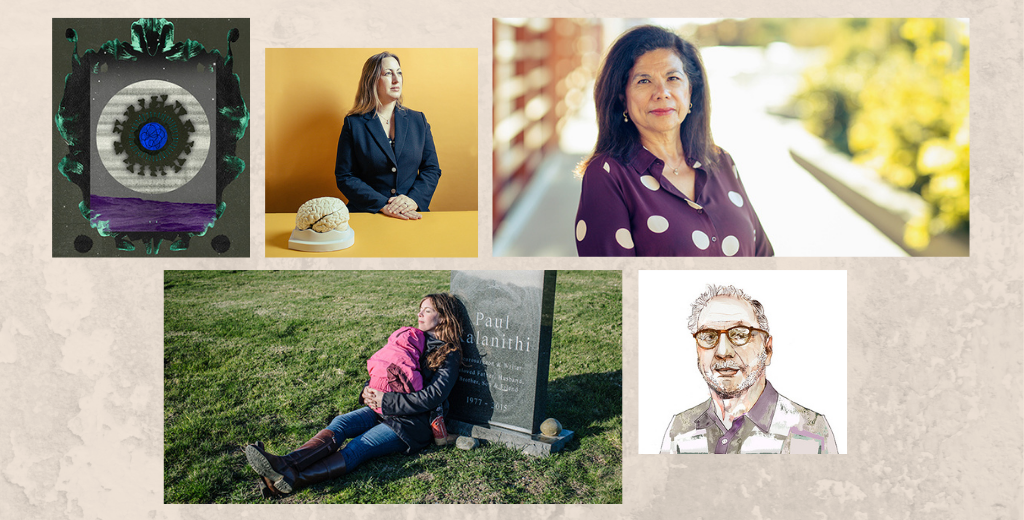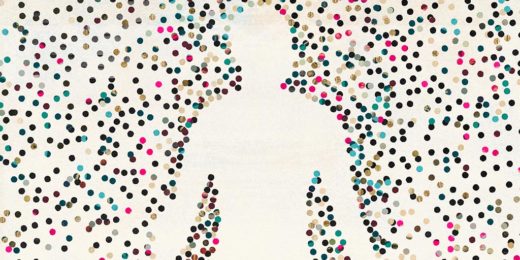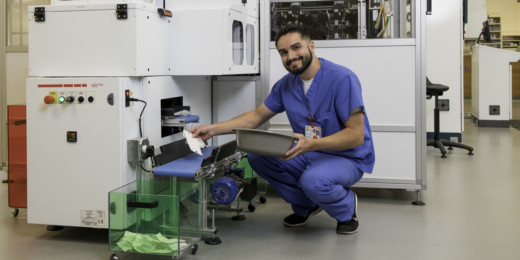How does a coronavirus infect a cell? What causes chemo brain? Why does epidemiologist Bonnie Maldonado, MD, love the 2011 film Contagion? You'll find answers to these questions and learn a lot about COVID-19, grieving and life after cancer in the articles listed below -- the five most-read Stanford Medicine magazine stories of 2020.
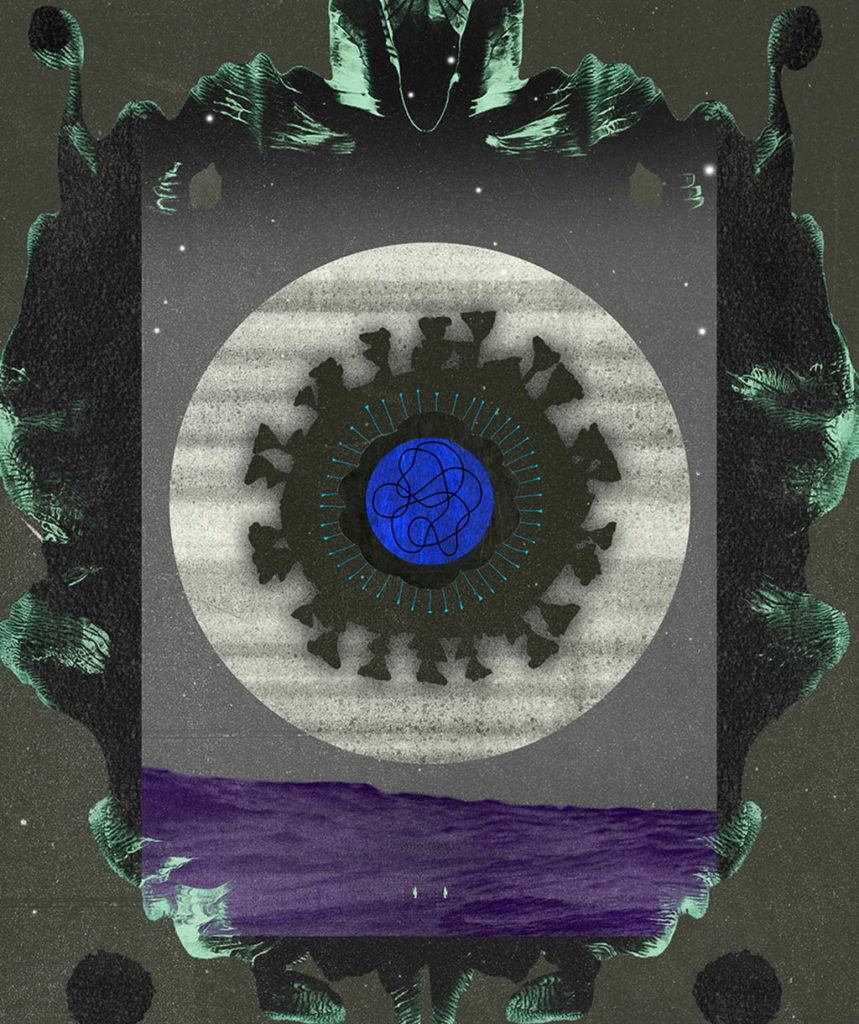
A primer on viruses, focusing on SARS-CoV-2 and ways scientists are trying to thwart it. In the story, you'll learn that the coronavirus wears a greasy overcoat under its spiky surface -- and that your cells have greasy outer membranes, too.
Since grease loves grease, when a cell and a coronavirus meet, their membranes fuse, and the virus's insides dump into the cell.
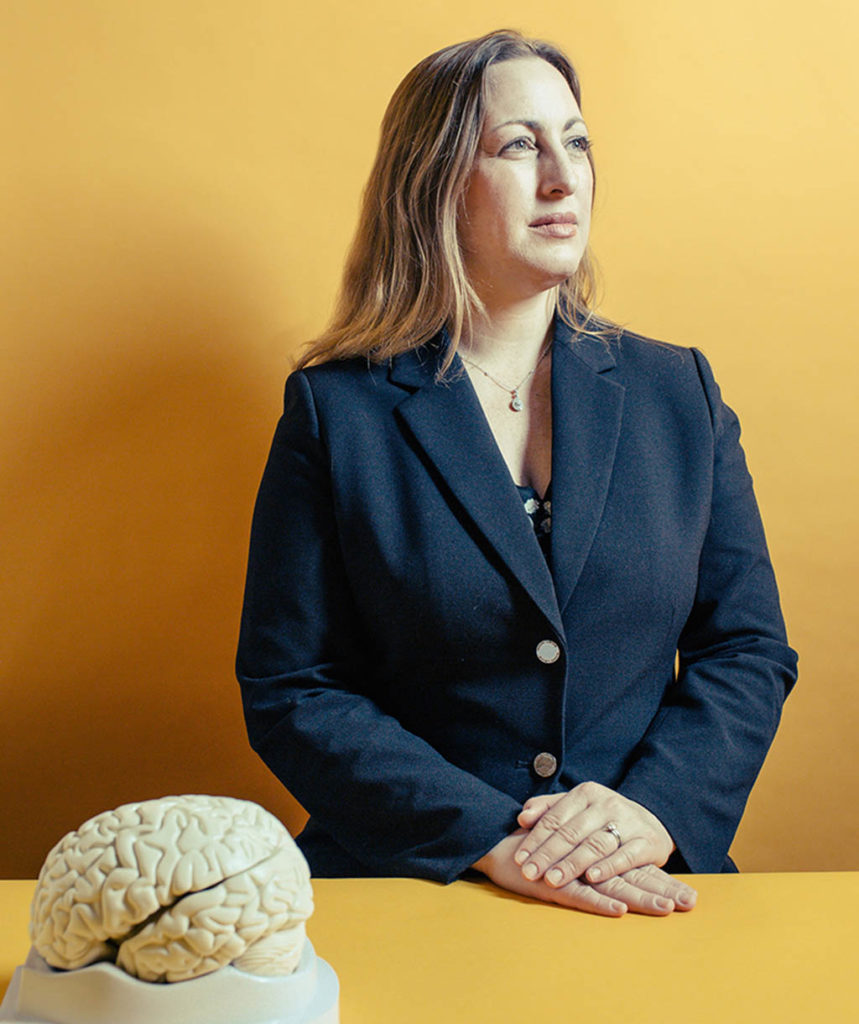
2. Mind jumble -- Understanding chemo brain
For years, cancer experts thought the mental fog many people experience after cancer treatment had a psychological origin -- but it turns out the cause is chemotherapy drugs.
This article introduces you to a person coping with chemo brain and her doctor, who is discovering how to prevent and treat the condition. An audio interview with that doctor and researcher, Michelle Monje, MD, PhD, accompanies the article.
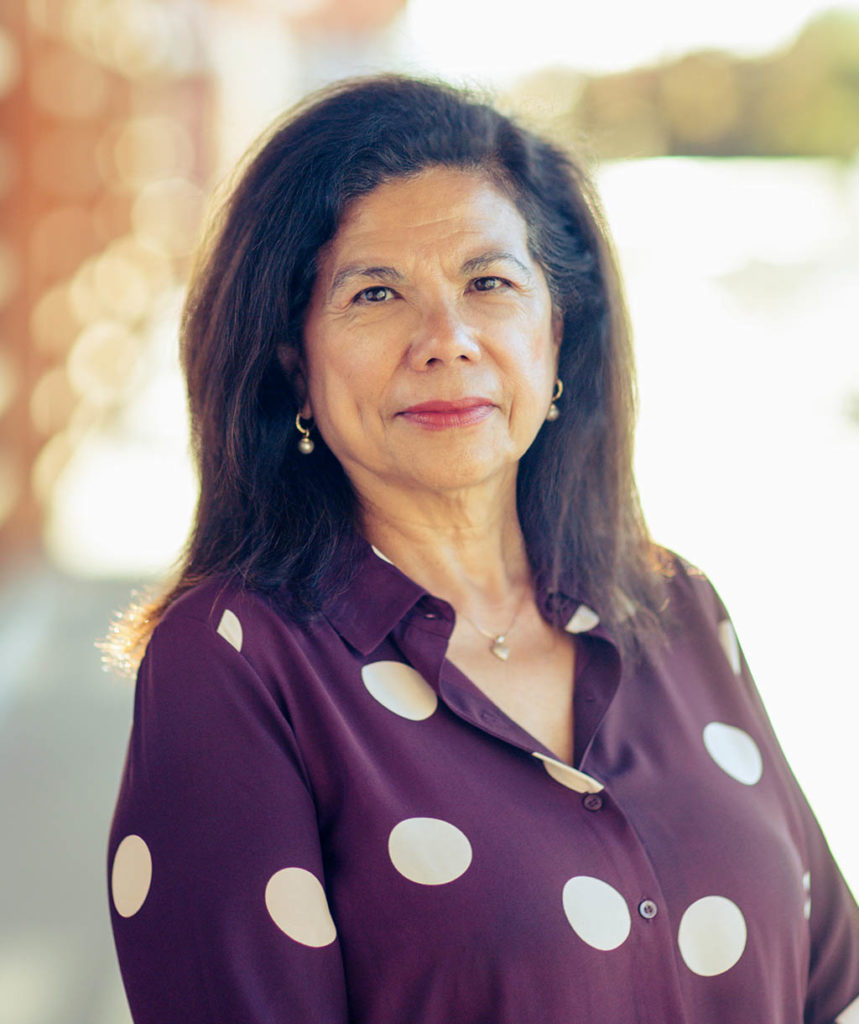
A profile of an epidemiologist who has been serving as a key adviser on Stanford's clinical operations and research efforts since the beginning of the COVID-19 outbreak.
A video and audio interview with Maldonado accompanies the article.
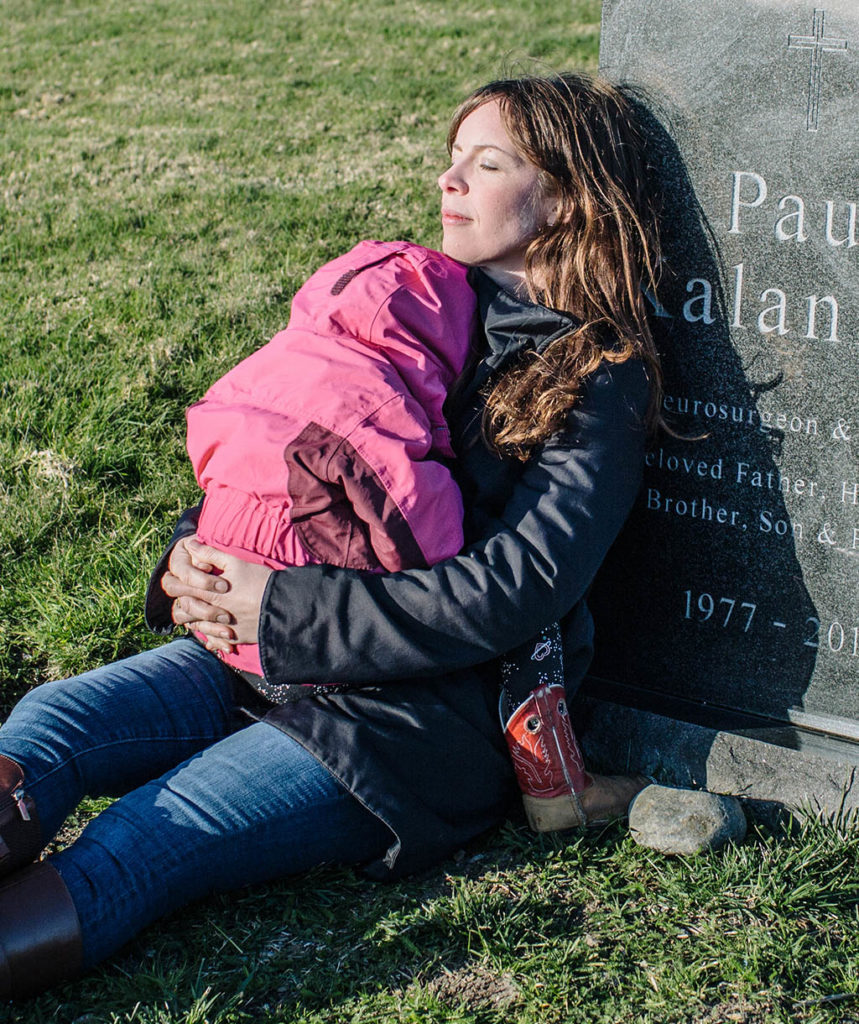
4. 'I love Paul forever' -- Lucy Kalanithi five years later
A Q&A with Stanford Medicine internist Lucy Kalanithi, MD, five years after the death of her husband, Paul Kalanithi, MD, the Stanford neurosurgeon and author of When Breath Becomes Air, which was a Pulitzer Prize finalist. She talks about grieving and about how she keeps her husband's memory alive. An audio recording of the full conversation is included in the online story.
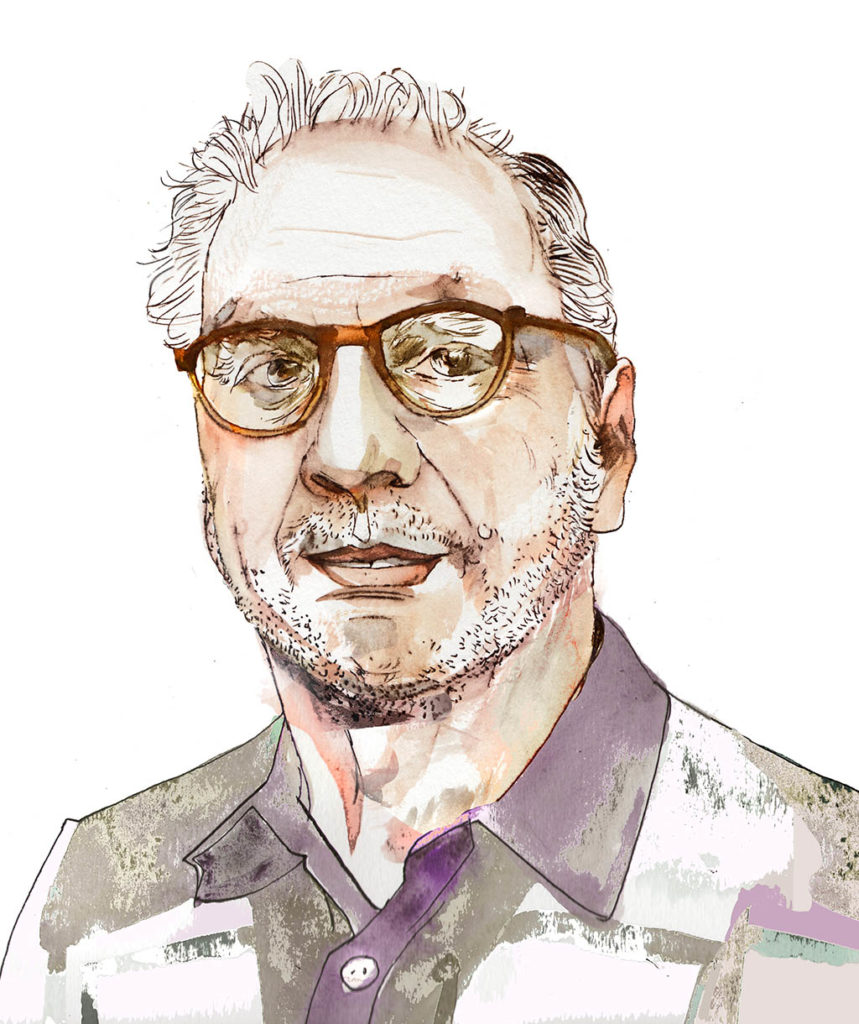
When famed microbiologist Peter Piot, MD, PhD, first became ill with COVID-19 early in the pandemic he thought, "Oh, this is just a typical viral thing." As a co-discoverer of the Ebola virus, and a pioneering HIV researcher, Piot thought he knew viruses. But he said he underestimated COVID-19, which was much worse than he imagined.


